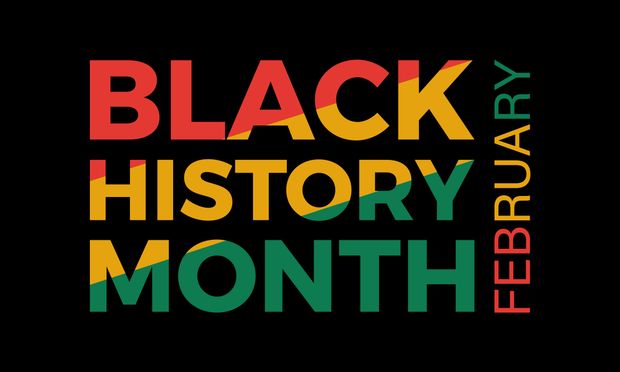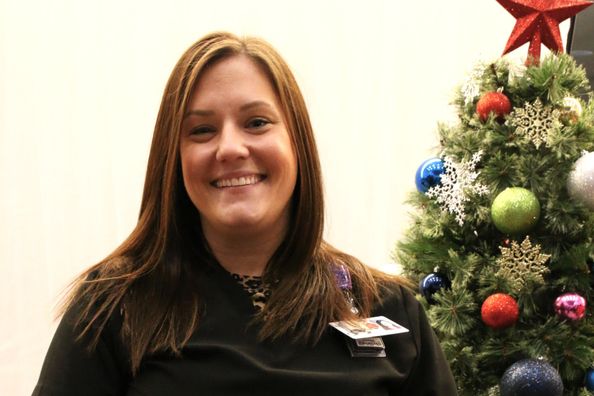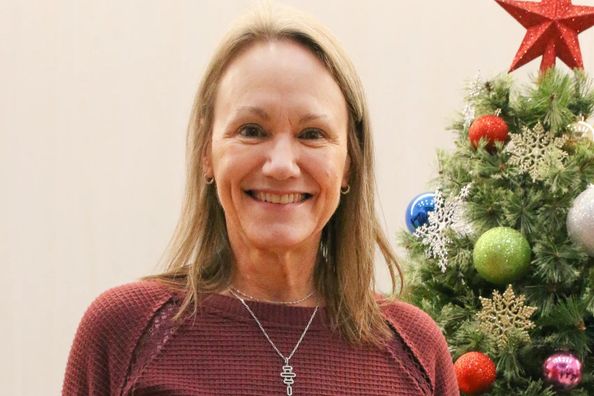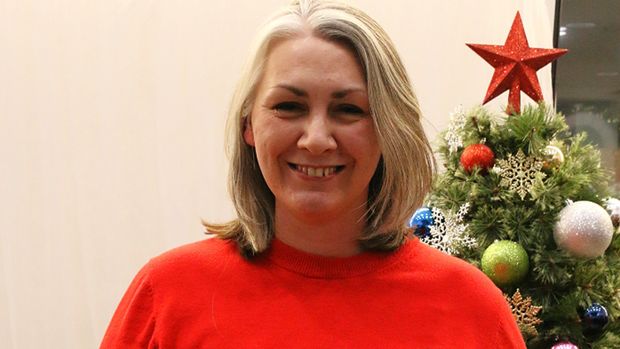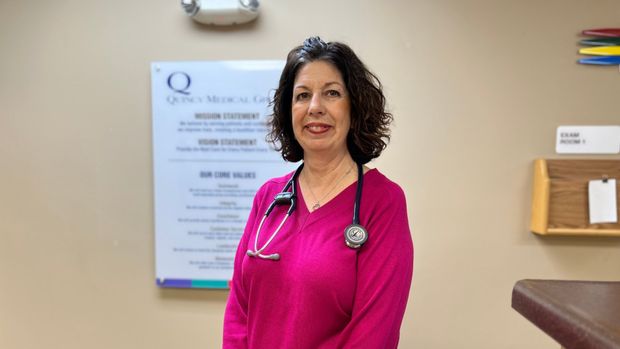We recently spoke with Quincy Medical Group Sports Medicine Physician Dr. Anthony Biggs about the significance of Black History Month to him. He shared the following.
What does Black History Month mean to you?
Black History Month is a time to recognize and appreciate the contributions African Americans have made to our American culture and history. I aim to reflect on the lives, works, and accomplishments of my black heroes and heroines who have personally motivated and inspired me. During this time and in our home, I make it a priority to remind my children of the countless struggles, sacrifices, and barriers which were overcome so that they may have equal and fair opportunities to pursue their American dream. In raising multi-ethnic children, it is important they understand that not too long ago their African-American ancestors were not able to eat any restaurant, stay at any hotel, use any available restroom, drink from any water fountain, or attend any school of choice. These are privileges that can not be taken for granted.
Why is diversity in medicine important?
Overall, we live in a diverse country. So it is important that we have diversity in our various health care professions. Diversity is especially important in medicine because pursuing a medical degree is a long, hard, and often lonely and stressful journey. As such, any and all motivating factors can be useful especially once you have completed training and are practicing professionally. I recall hearing a saying while growing up, “You have to see a man, before you can be a man.” Likewise, aspiring medical students and future doctors have to see practicing physicians that look like themselves and with whom they can relate and identify. Patients often choose to seek care from physicians with common cultural and ethnic backgrounds. Studies suggest that health and health care disparities can be mitigated when there is access to a diverse healthcare team.
What inspired you to pursue a career in healthcare?
So after graduating, I worked four years professionally as a licensed athletic trainer before returning to school. Four people really inspired my interest in pursuing a career in medicine. One was my maternal grandfather who was a pre-med major at Northwestern University before he left school to voluntarily enter WWII. When he returned home, he discovered my grandmother. Instead of returning to school he got a job, started a family, and well the rest is history. I really wanted to finish what he started. In fact, in 2002, I changed my last name to “Biggs” in his honor following his sudden and untimely death while I was in my second year of medical school. My grandfather did not have a male heir so I wanted to be sure to pass along his name to my family. I was also inspired to achieve by my maternal grandmother who always taught me that I could do anything that I put my mind to doing. I wanted to prove her right and to be sure that I did not disappoint! Interestingly, I was equally inspired by my mother too but in a different way. My mother actually advised me against returning to school to become a doctor. She felt I did not have the focus and patience to complete a medical degree. I am sure she would be horrified of me telling this story now, but she helped me because I really wanted to prove her wrong. Finally, I was inspired by my wife who was always a high achiever in school and eventually became a highly competent, skilled, and sought-after trauma nurse specialist. I aimed to finally prove to her and her silly girlfriends that I was not just a “dumb jock” but rather a fairly smart jock!
This theme of Black History Month this year is health and wellness, why is it important to bring attention to this topic during this month?
Health and wellness is an especially appropriate theme during Black History Month because while health and health care disparities affect individuals across a variety of demographics, health inequities disproportionately affect people of color. People of color as well as other underserved groups are subjected to higher rates of morbidity and mortality across an array of health conditions. It would be amazing if we could devote at least one week during Black History Month here at QMG to examine, address, and plan to improve these disparities in our immediate community.
Health Topics:

